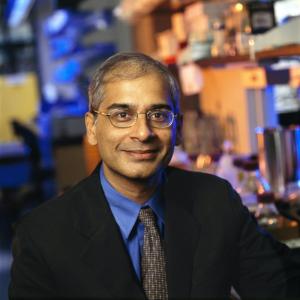Joseph Scott

Joseph K. Scott is an associate professor in the School of Chemical and Biomolecular Engineering at the Georgia Institute of Technology. He received his BS from Wayne State Univ. and his MS and PhD from the Massachusetts Institute of Technology (MIT), all in chemical engineering. His honors include the 2012 Best Paper Award from the Journal of Global Optimization, the 2016 W. David Smith, Jr. Award from the Computing and Systems Technology Div.









